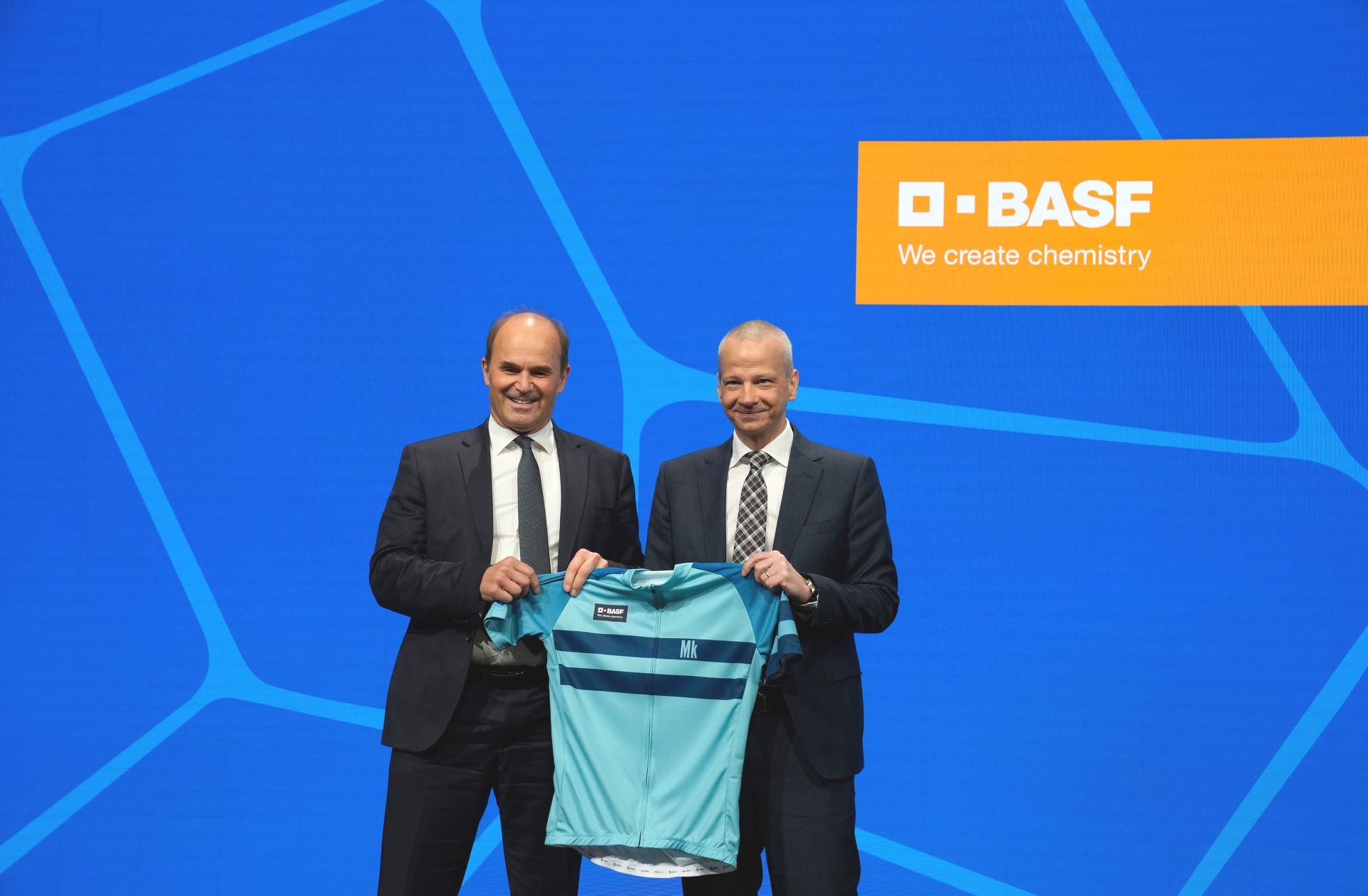In 2021 the Competition Commission, a statutory body established in terms of the Competition Act, issued Guidelines for Competition in the South African Automotive Aftermarket.
The aim is to provide practical guidance to the automotive aftermarket industry on the competition principles and measures that the Commission recommends industry players should implement to achieve inclusion and to encourage competition through greater participation of small medium enterprises (SMEs) and historically disadvantaged persons (HDPs).
Meanwhile, claims have surfaced that original equipment manufacturers (OEMs) have not been playing ball, have been “obstinate” and thought the guidelines had “no teeth” in the form of real-world repercussions.
Bodyshop News Africa caught up with Competition Commission spokesperson, Siyabulela Makunga, to talk about these allegations and the general state of affairs with regard to the guidelines.
Historically, what did this situation look like?
Since 2011, the Commission has received complaints from SMEs in the sector on a range of issues. In the last three years, it received about 50 complaints. The allegations raise exclusionary agreements and arrangements between car manufacturers and approved motor-body repairers; the exclusion or foreclosure of Independent Service Providers (ISPs) in the markets for the service and maintenance and mechanical repairs for in-warranty motor vehicles; unfair allocation of work to approved repairers by Insurers; restrictions on the sale of original spare parts to ISPs; high barriers to entry that exclude SMEs and historically disadvantaged persons (HDPs) from becoming approved motor-body repairers and approved dealers; and a lack of competition and consumer choice in the sale and fitment of spare parts.
The Commission therefore identified anticompetitive conduct within the automotive aftermarket industry, primarily arising from a lack of competition between authorised and unauthorised channels in the automotive aftermarket, which raises barriers to entry and increases costs to consumers.
What process was used in shaping the guidelines?
The Commission has consulted stakeholders in workshops on their proposals since 2017 and set up a steering committee. These initiatives brought together relevant stakeholders, including original equipment manufacturers, automotive spare parts manufacturers across various industries, including commercial vehicles, dealerships, repair and maintenance service providers, motor-body repairers, independent services centres, insurance firms, standards regulators, relevant government departments, industry associations, including R2R and complainants who had approached the Commission. It served as a platform for the Commission to engage stakeholders with the view to discussing recommendations that ought to be introduced to remedy competition distortions. The principles emanating from these discussions were incorporated in the Guidelines.
The Commission issued drafts of the Guidelines for public comments and received over 100 submissions, which were consolidated towards final Guidelines. Consumers, ISPs and industry associations have since assisted to bring forward complaints, facilitate dispute resolution with OEMs and alert the Commission to the levels of compliance by the industry with the Guidelines for the broader benefit of all industry participants. Complaints have been generally raised against car manufacturers, dealerships and insurance companies.
Accusations now are that the OEMs are “obstinate” and using clever ways to undermine the guidelines, is this true?
Since the publication of the Guidelines in July 2021 up to January 2023, the Commission has received 40
complaints related to automotive aftermarkets. The complaints vary, but the majority relate to 1)
Unbundling the sale of motor vehicles with value-added products (for example, service and maintenance plans,
extended warranties) and 2) Appointment of Service Providers to panels by OEMs and Insurers and
the allocation of work.
Many of these complaints have been resolved during the investigation process, where respondents
have adjusted conduct. Where complaints have been against dealerships, the relevant OEMs have by-
and-large co-operated in addressing issues with the particular dealership.
The Commission will undertake an industry-wide compliance survey during 2023; the Commission will
also undertake studies in the future on the impact of the Guidelines on consumers, entry and
participation as well as other objectives.
NAAMSA has also advised that approximately 90% of OEMs have implemented processes to allow customers to opt for an unbundling of service plans from new vehicle purchases, as promoted in the Guidelines. It has advised that OEMs have made reforms to policies for the continuance of manufacturers’ warranties for consumers who experience voiding of the warranties owing to work done by ISPs. OEMs have also enabled access by ISPs to their technical information on reasonable terms to allow for repairs to in-warranty vehicles.
It is also said that OEMs believe the guidelines “don’t have any teeth”, that there is no real-world repercussions if they don’t adhere. Is this true? What are the legal repercussions? Fines etc?
The Guidelines were issued under section 79(1) of the Competition Act No 89 of 1998. They are an indication of the Commission’s approach to regulating conduct in the market. The Commission investigates each case on its own merit, based on the provisions of the Act. Where there is a contravention, the Commission will refer the case to the Competition Tribunal for prosecution. If successful, there can be fines up to 10% of annual turnover for a first offence and up to 25% of annual turnover for a repeat offence.
Did you communicate the Guidelines and its aims to the small operators?
The Commission hosted a series of workshops to promote awareness on what the Guidelines mean for stakeholders. In May 2021, four workshops were held with over one hundred ISPs from Gauteng, KwaZulu-Natal, the Western Cape, Limpopo, North-West, Northern Cape, Free State and Mpumalanga. Associations that participated in the workshops included the Automotive Industry Development Centre (Eastern Cape and Gauteng), African Panel Beaters Motor Mechanics Association (APMMA) and R2R. On 18 June 2021, the Commission also hosted a workshop with consumers and consumer-interest groups. The Commission published pamphlets to answer frequently asked questions that are accessible at Automotive – The Competition Commission (compcom.co.za) and attended to various radio interviews. In late November 2022, the Commission representatives visited ISP hubs and workshops in Gqeberha, Kariega (Uitenhage), Mthatha, Johannesburg and Pretoria to promote the objectives of the Guidelines and hand out educational material.
What future plans does the Commission have to consolidate these guidelines even more?
As part of its evaluation process, the Commission has convened stakeholder engagements with industry automotive associations to evaluate positive changes made and challenges faced by their members since the implementation of the Guidelines. The Commission will issue a survey this year to assess the level of compliance with the Guidelines by OEMs, Dealers, ISPs and Insurers. The findings of the survey will further explain the impact of the Guidelines on the industry and the focus areas for further interventions.
Where can operators report problems with OEMs?
Consumers and ISPs should follow the internal complaints procedures of their service provider (OEM). If there is no resolution, disputes relating to consumer protection issues can be directed to the Motor Industry Ombudsman of South Africa (MIOSA) and the National Consumer Commission (NCC) for resolution. Potential contraventions of the Competition Act should be directed to the Competition Commission at ccsa@compcom.co.za. The form CC1 for lodging a complaint is accessible at Lodge a complaint – The Competition Commission (compcom.co.za).




